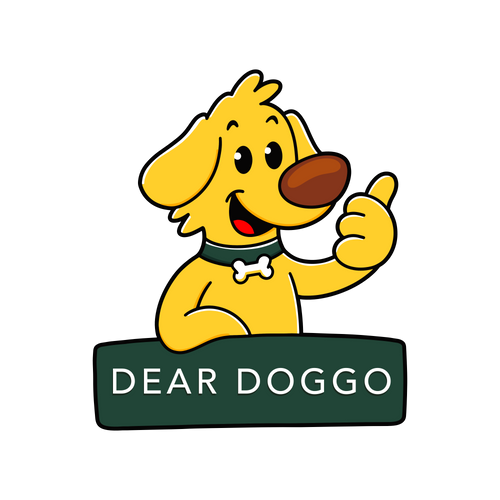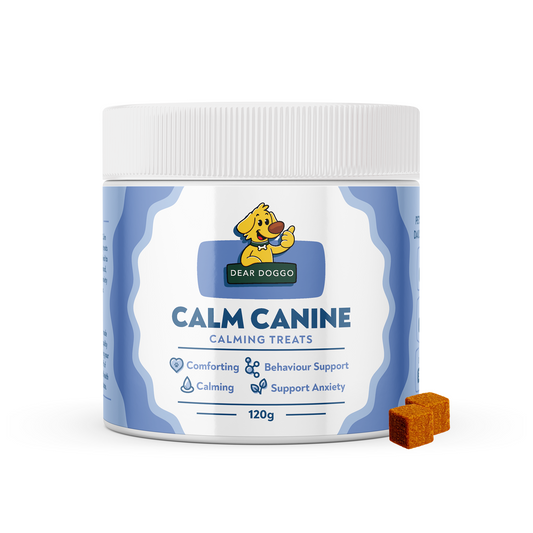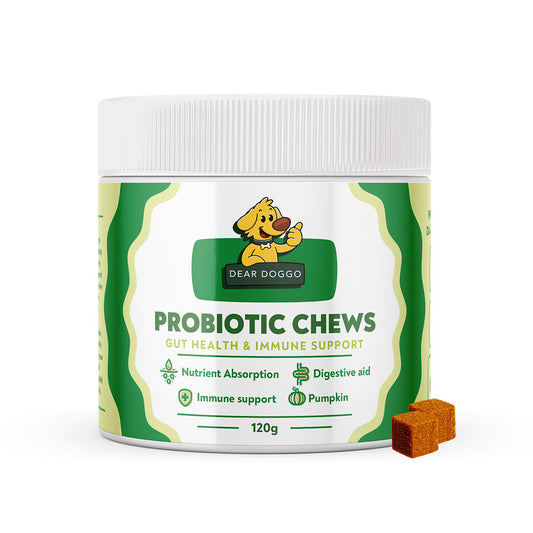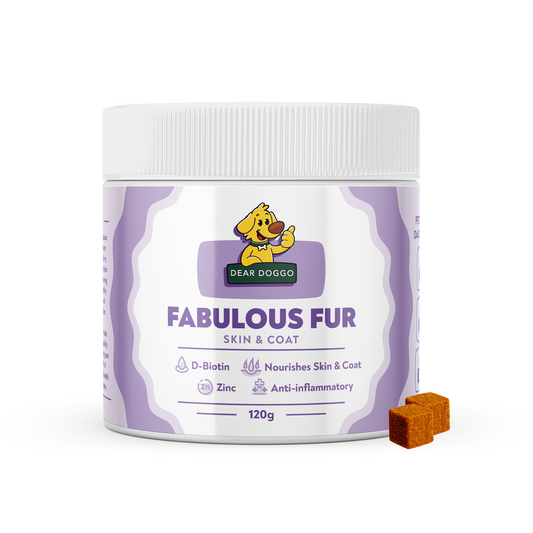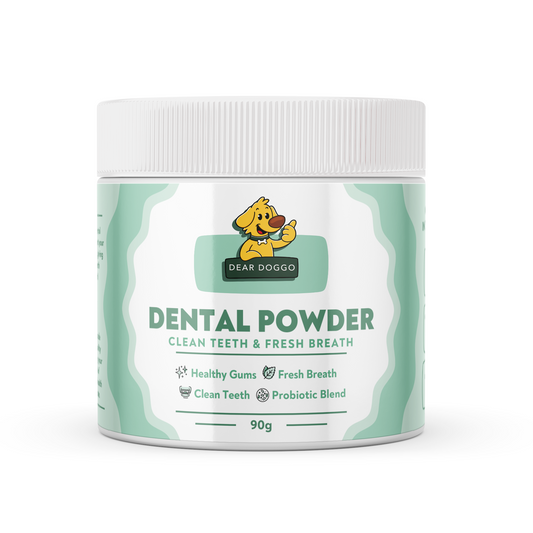Every dog owner knows the struggle of coming home to find a beloved pair of shoes or furniture chewed to bits. Chewing is a natural behavior for dogs, but when it becomes destructive, it's time to take action. In this blog post, we'll explore effective strategies to stop your dog from chewing on things and foster healthier habits.
Understand the Root Cause: Before implementing a solution, it's crucial to understand why your dog is chewing. Is it teething, boredom, anxiety, or simply a way to relieve stress? Identifying the root cause helps tailor your approach to address the specific issue.
Provide Proper Chew Toys: Dogs need an outlet for their natural chewing instincts. Invest in durable and safe chew toys, preferably ones designed to promote dental health. Introduce a variety of textures and shapes to keep your dog engaged.
Supervise and Redirect: Keep a close eye on your dog, especially during the training phase. If you catch them in the act of chewing on something they shouldn't, calmly redirect their attention to an appropriate chew toy. Consistency is key.
Use Bitter Sprays on Items or Deterrents: Make the items your dog finds appealing less attractive by using bitter-tasting sprays or pet-friendly deterrents. Apply these substances to the items your dog tends to chew, discouraging them from continuing the behavior.
Establish a Routine: Dogs thrive on routine, and a consistent daily schedule can help alleviate boredom and anxiety. Regular walks, playtime, and mental stimulation contribute to a well-rounded and happy pup less inclined to engage in destructive chewing.
Provide Mental Stimulation: Boredom is a significant factor in destructive chewing. Keep your dog mentally stimulated with puzzle toys, interactive games, and training sessions. Mental exercise is as crucial as physical exercise for a happy and well-behaved pup.
Ensure Sufficient Physical Exercise: A tired dog is less likely to engage in destructive behaviors. Ensure your dog gets enough physical exercise through walks, runs, or playtime. A tired pup is a content pup less likely to resort to chewing.
Consider Crate Training: Crate training can be an effective way to manage your dog's behavior when you're not around. Make the crate a positive and comfortable space, and use it as a tool to prevent unsupervised chewing.
Seek Professional Help if Necessary: If your dog's chewing habits persist despite your efforts, consider seeking advice from a professional dog trainer or behaviorist. They can provide personalised guidance based on your dog's specific needs.
Stopping your dog from chewing on things requires patience, consistency, and understanding. By addressing the root causes, providing appropriate outlets, and incorporating positive reinforcement, you can guide your furry friend towards healthier chewing habits. Remember, a well-behaved pup is a happy pup, and a happy pup makes for a joyful home. 🐾❤️
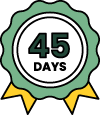 45-Day Money Back Guarantee
45-Day Money Back Guarantee
